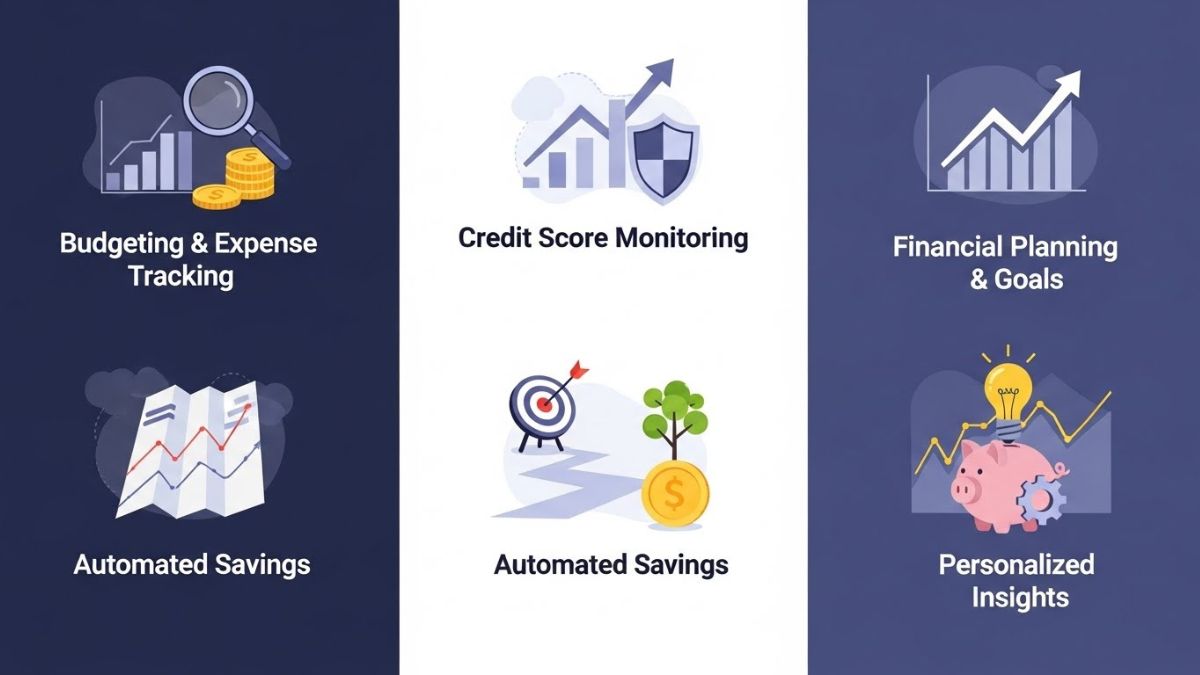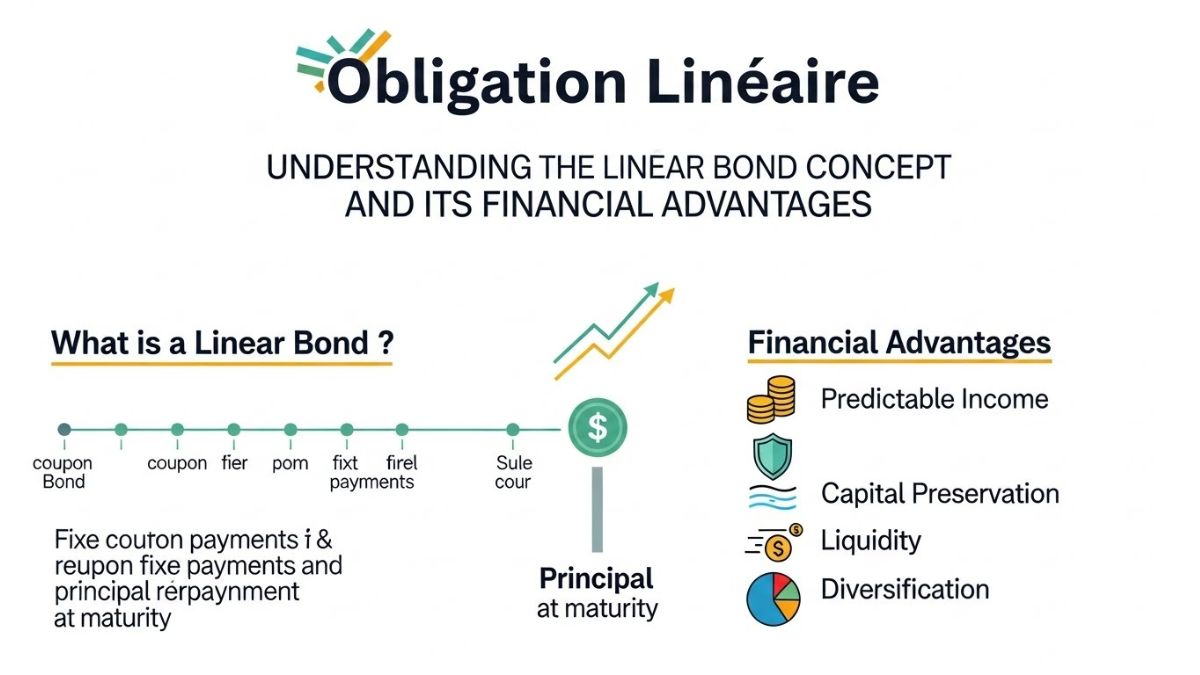Introduction to Fleet Management
Many challenges and responsibilities come with managing a fleet of commercial autos. In this regard, the guiding philosophy of fleet management remains concerned with ensuring that vehicles are safe, while at the same time optimizing operational costs. One of the most critical areas involves comprehending how commercial auto insurance cost could have an impact on your budget and overall operations. This article will, therefore, provide some crucial tips that any business can effectively use in the effort to ensure its commercial auto fleet is maintained appropriately for efficiency, safety, and long-term success while understanding how insurance works.
Maintenance and Regular Inspections
The reason why regular maintenance and inspection are essential to a fleet manager is that such measures ultimately avoid costly repairs, reducing downtime. Regular checks on the level of oil, tire pressure, and brake systems keep the vehicles at an enviable best. Even the simple tasks of windshield wiper and light checks go a long way in enhancing vehicle performance. A well-serviced fleet operates with great efficiency and economy, continues to ensure vehicle reliability, and provides increased efficiency with cost savings.
Driver Training Programs
Driver training programs represent one of the most important investments that fleets can make in terms of reducing accident risks and thus improving fleet safety. The programs focus on defensive driving techniques, as well as companies’ policies to reduce potential hazards, generally reducing insurance premiums. Regular refresher courses and updates on new protocols keep all drivers updated. Driver training also offers significant benefits in terms of employee satisfaction and retention by showing an investment in both safety and professional development.
The Role of Technology in Fleet Management
By using GPS tracking and telematics, fleet management could be improved toward gaining minute-by-minute information on where the vehicle was, fuel consumption, or other driving behaviors that will provide insights into route optimization, improvement in fuel efficiency, and decreased accidents. Through industry news, the fleet manager will be in a position to adopt various innovative solutions for making informed decisions to create routes that better optimize, decrease downtime, and save money.
Insurance Cover for Commercial
Fleets Insurance in fleet management is very important; it provides improved coverage and protection against risks associated with commercial auto fleets. The organization should work with insurance providers to provide customized plans that meet continuity of operations. Further, understanding different coverage options, like liability, collision, or comprehensive insurance, forms a very sound basis for decision-making. Regularly reviewing the insurance policies provides adequate cover as the fleet grows, and the operational needs change.
Optimizing Operational Costs
Efficient fleet management encompasses effective cost coverage in all areas of the business, right from effective fuel management to route planning. The insights given by telematics and GPS tracking systems will highlight several cost-cutting opportunities every business can undertake. In addition, audits and periodical performance reviews help shed light on areas of improvement. Investments in fuel-efficient vehicles and alternative energy sources can help in reducing operational costs in the long term. A strong cost management strategy ensures that one stays competitive by leveraging the best out of available resources.
Environmental Sustainability
In this regard, modern fleet management should address the environmental sustainability of its image. Using eco-friendly cars and practicing greener habits can bring down the level of carbon emissions emitted by any fleet. It is good for the environment and will shoot up a company’s image. Highly recommended changes to electric or hybrid vehicles, aiming for reducing miles with proper route optimization, and encouraging eco-driving in various ways can be highly helpful to foster sustainability goals. It is quite likely that companies keen on environmental responsibility may attract favorable attention from both consumers and stakeholders. Second, such sustainable practices could yield financial savings due to using less fuel and producing less waste. A properly developed sustainability plan-either according to company ideals or business operationally-means assurance of long-term environmental and business benefits.
Final Thoughts
Effective utilization of a commercial fleet involves multi-dimensional measures. Paying attention to maintenance, investing in driver training, using technology effectively, and never forgetting environmental impacts are ways to optimize fleet operations for the success of a company in the long run. A well-articulated fleet management plan lays the foundation for safety, cost control, and smooth operation. Innovations and sustainability practices also help in adding value to fleet management performance and reputation. The success of fleet management is based on continuous reevaluation and enhancement of its practices and methods for adaptation to the evolution of industry standards and operational demands.















